
Diabetes is the main cause of blindness in individuals aging from 20 to 74. Keeping this fact in mind, if you happen to suffer from diabetes, you are advised to visit your ophthalmologist on a regular basis, making sure your eyes are not affected by certain conditions. Additionally, keep in mind that buying new glasses when you experience blurred vision may not be a good step to take, when you are suffering from diabetes. Namely, this vision issue may be just temporarily and disappear in a short while, once your blood sugar levels drop.
The Effect of Diabetes on Eye Health
The above mentioned vision problem is just the tip of the iceberg. Diabetes patients may also suffer from eye swelling, which can take place due to high sugar levels in the blood. If this affects a person, he/she needs to regulate his/her blood sugar levels in order for the eyes and the vision to return to normal. The whole regulation process may last up to three months.
Moreover, diabetes can trigger other, more serious vision problems. One of these is cataract. Cataract manifests through formation of a clouding affecting the lens surface of the eye, blurring the vision, getting gradually worse once left untreated. Cataract prevents light focusing in the eyes, possibly leading to glared vision as well. So, if you happen to notice symptoms of cataract, you are advised to seek medical assistance. Most commonly, the treatment will involve placement of lens implants which correct the vision. However, before this is possible, a surgery needs be performed, removing the old lens.
Alternatively, diabetic patients may suffer from glaucoma as well. This condition affects a person once his/her eye cannot drain the fluid inside of it correctly. The pressure caused by fluid built-up damages the nerves inside the eye, leading to vision problems.
The worst characteristic of glaucoma is the absence of symptoms until the condition itself reaches an advanced stage, triggering numerous symptoms including complete loss of vision. Therefore, regular eye screenings can help you notice glaucoma early and treat it timely.
Facts about Diabetic Retinopathy
Diabetic retinopathy is a common disease which affects people with diabetes, attacking the retina, which is a group of cells in the eye, specialized in light conduction and conversion before the visual nerve transfers the received information to the brain.
Diabetes leads to damage of small blood vessels in the area and diabetic retinopathy is a common condition seen in long-term diabetics. This problem can lead to blindness, if not treated timely. Usually, this condition is known to appear about 5 years after the onset of diabetes.
Background retinopathy does not lead to vision damage, even though the blood vessels may be damaged. Maculopathy, another alternative of diabetic retinopathy, leads to vision impairment. Finally, proliferative retinopathy is an additional type of this condition, manifesting through small blood vessels development due to lack of oxygen in the eye.




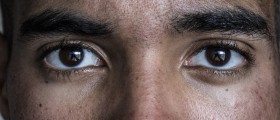

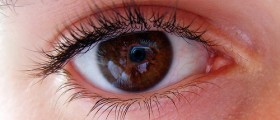





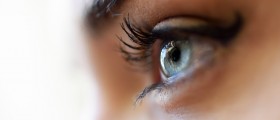
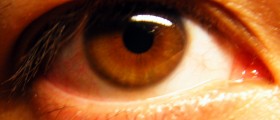

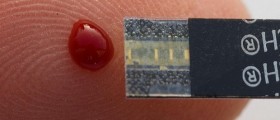

Your thoughts on this
Loading...